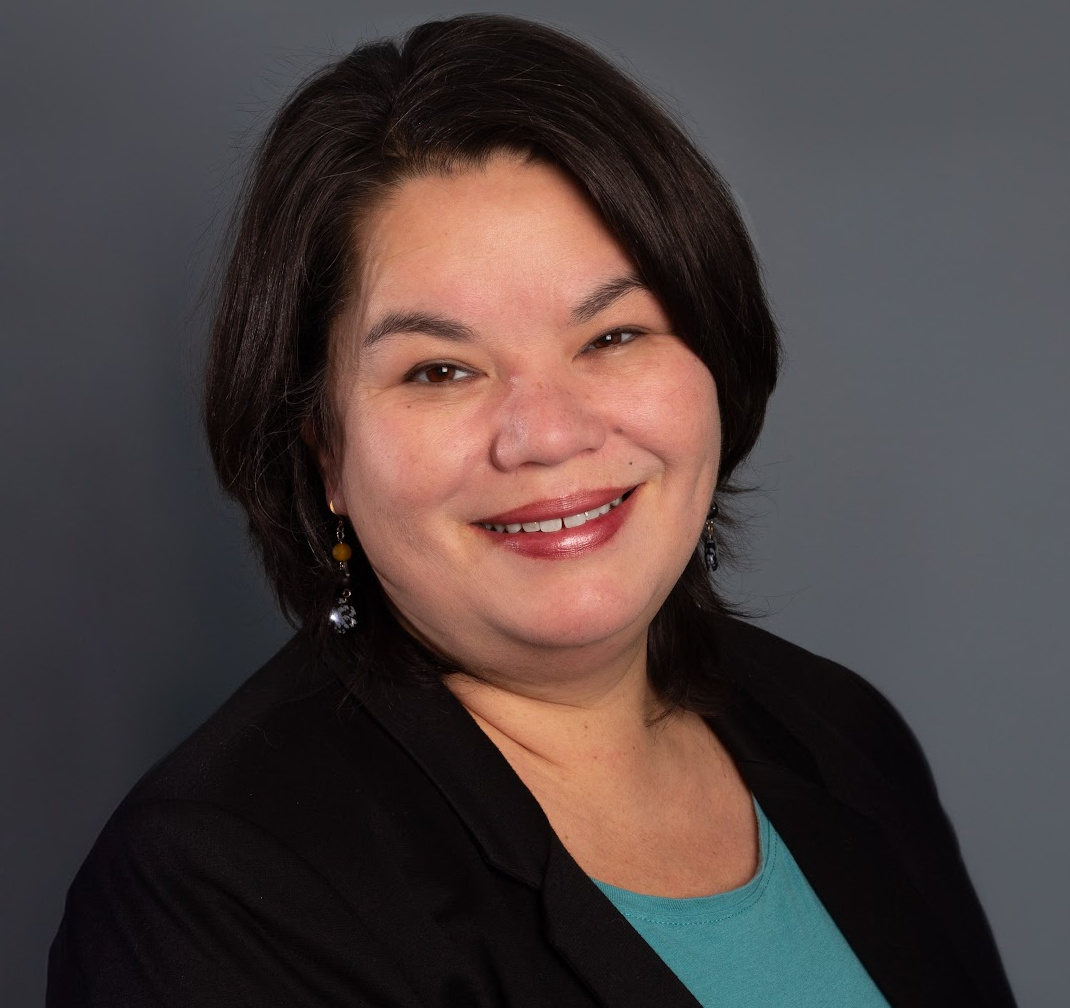Meet Professor Sarah Auger
Carmen Rojas - 23 May 2024
 Sarah Auger was partway through a master’s degree in human ecology at the U of A when a life-threatening turn of events derailed her plans. Now, as a PhD candidate and assistant professor in the Faculty of Education, she hopes to draw on her knowledge and experiences to support future generations of students.
Sarah Auger was partway through a master’s degree in human ecology at the U of A when a life-threatening turn of events derailed her plans. Now, as a PhD candidate and assistant professor in the Faculty of Education, she hopes to draw on her knowledge and experiences to support future generations of students.
Auger, a citizen of Mikisew Cree First Nation, commenced a tenure-track position in the Faculty of Education in July 2023, and is working with both the Aboriginal Teacher Education Program (ATEP) and Indigenous Peoples Education (IPE) graduate specialization.
“I had no idea when I started my BA that I would end up in education,” says Auger, who completed a degree in Native Studies in 1999 before starting her graduate work in human ecology in 2004.
The following year, Auger suffered a ruptured brain aneurysm. The cognitive challenges she faced as part of her recovery – learning to read and write again – forced her to withdraw from her studies. But Auger eventually returned to campus to take a course on Indigenous research methodologies with Cora Weber-Pillwax, and quickly realized she had found her passion.
Auger enrolled in a master’s program in 2010, pursuing the IPE specialization. Prompted by her son’s ADHD diagnosis at age four, and further challenges as he progressed through school, her capstone project examined the over-representation of behavioural disorder diagnoses among Indigenous children and adolescents.
Auger’s ongoing cognitive struggles as a result of the aneurysm also gave her a new perspective on the issues her son faced in school.
“A lot of the things he complained about in terms of how difficult it was for him to be at school were things that I was now experiencing,” she says. “I didn’t really get it until then.”
It was also during this period that the inkling for Auger’s future PhD research on Indigenous art as pedagogy first appeared. At a writing retreat, Auger discovered she couldn’t get her thoughts down on paper, a skill that had always come easily to her in the past.
Frustrated, Auger went to her room and focused on beadwork instead.
“I discovered that as I was doing the beadwork, all of those little things that had been floating around in my head and I couldn’t connect the ideas, I found it started to make those connections for me,” she recalls.
Becoming the mentor her students need
Since starting her PhD in 2015, Auger’s research has involved talking to both traditional and contemporary Indigenous artists to explore the ways they approach art, how they understand it and what it means to them.
As she finishes her doctoral studies, Auger is grateful to have ended up in the IPE program where this type of work is not just possible, but encouraged.
“I can’t imagine having done this anywhere else,” she says. “IPE encourages students to come at their work from their own worldview, which has been incredibly enriching and allowed me to think about my research in ways I wouldn’t have been able to in another discipline.”
Looking ahead to her new position in the faculty, Auger says one of the things she’s most excited about is the opportunity to become a mentor so that she can “help other students coming up navigate this place.”
Auger’s own mentors in the faculty have been numerous, including Weber-Pillwax and Rebecca Sockbeson (her PhD supervisors) as well as Evelyn Steinhauer, Associate Dean Indigenous Peoples’ Education and Director of ATEP, and professors Alex and Dia Da Costa.
Having a similar impact on students is a responsibility Auger takes seriously, and one that is further shaped by the tragic loss of her son last year to the drug poisoning epidemic.
“For Indigenous students coming to the university, so many of our families are affected in so many ways by what I call the fallout of colonization,” she says. “They’re coming into university with all these experiences and extra burdens they have to carry with them when they’re here.”
“Indigenous faculty or instructors at the U of A have this extra layer of understanding,” she adds. “When we come to the city , we’re not leaving our families behind, we’re not leaving our communities behind. We’re bringing them with us and we’re bringing all of the good and all of the bad that that means.”
Auger says she will continue to keep her son with her and to be guided by his experiences. One of the ways she plans to do this is by staying connected to the Walls to Bridges program, which teaches university courses inside prisons across the country.
After previously serving as coordinator for the Faculty of Native Studies Indigenous Prison Arts and Education Project, Auger will be teaching a Native Studies course on Indigenous women at the Edmonton Institution for Women.
“It was truly a beautiful and transformative experience – not just for the students but for us as instructors too,” she says. “It’s an incredible class to be in, and I’m really looking forward to that.”